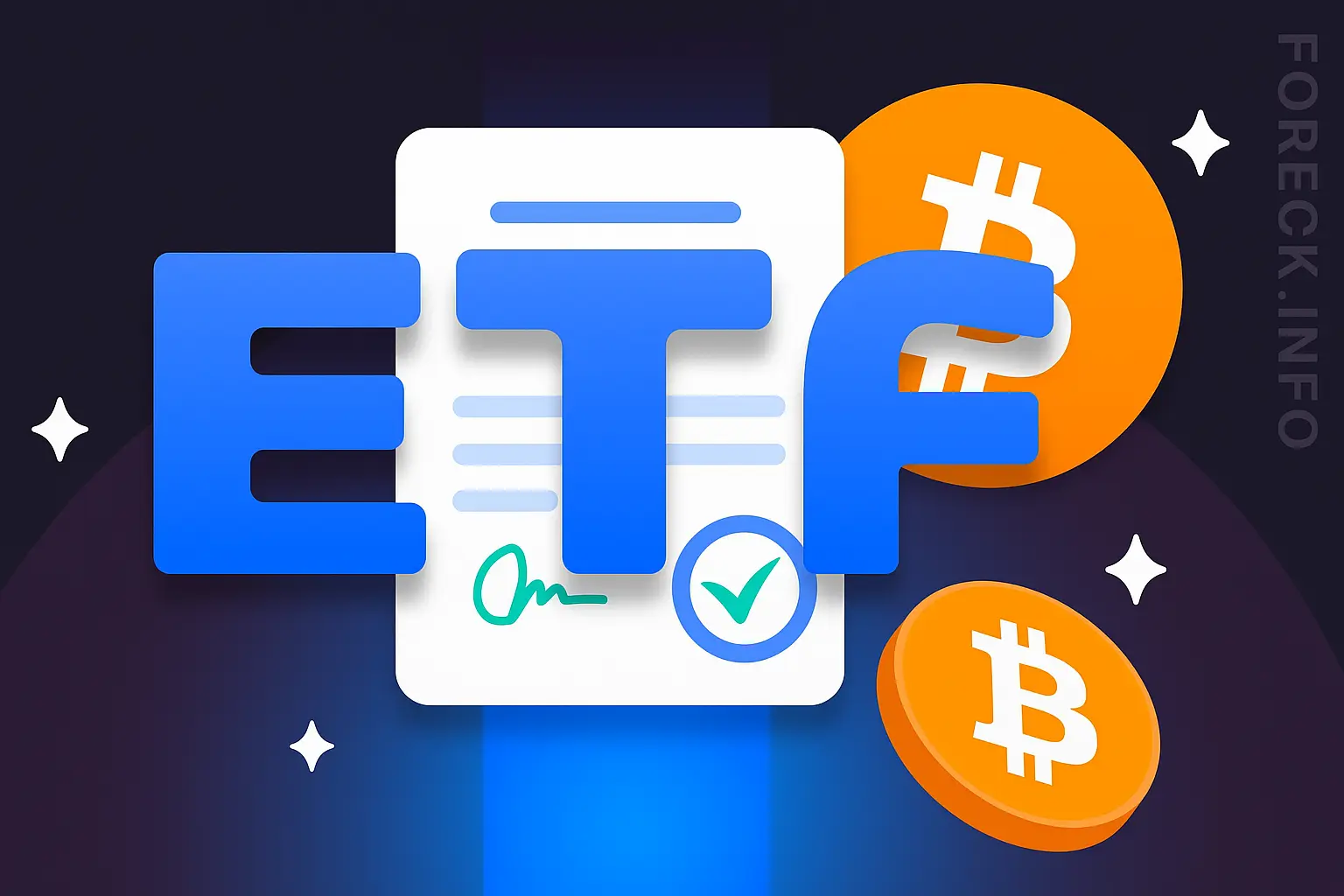The first fund on the list is BlackRock’s iShares Bitcoin Trust (IBIT), but insiders say more ETFs will be added as the market grows and client demand ramps up. The idea is simple: just like stocks or bonds can be pledged for liquidity, investors will now be able to use Bitcoin-backed ETFs in the same way.
Even more telling is JPMorgan’s decision to start including crypto in how it calculates client net worth. That means Bitcoin ETFs will sit alongside equities, real estate, art, and other assets — no longer treated as a fringe play, but as a core part of a high-net-worth portfolio
The shift comes right after CEO Jamie Dimon confirmed the bank would allow select clients to buy Bitcoin directly, a stark reversal from JPMorgan’s historically cautious stance. With institutions like BlackRock, Fidelity, and Grayscale driving billions into ETF inflows, the message is clear: Wall Street is no longer on the sidelines.
For JPMorgan, this isn’t just about crypto adoption — it’s about staying competitive as digital finance and traditional markets continue to merge.


